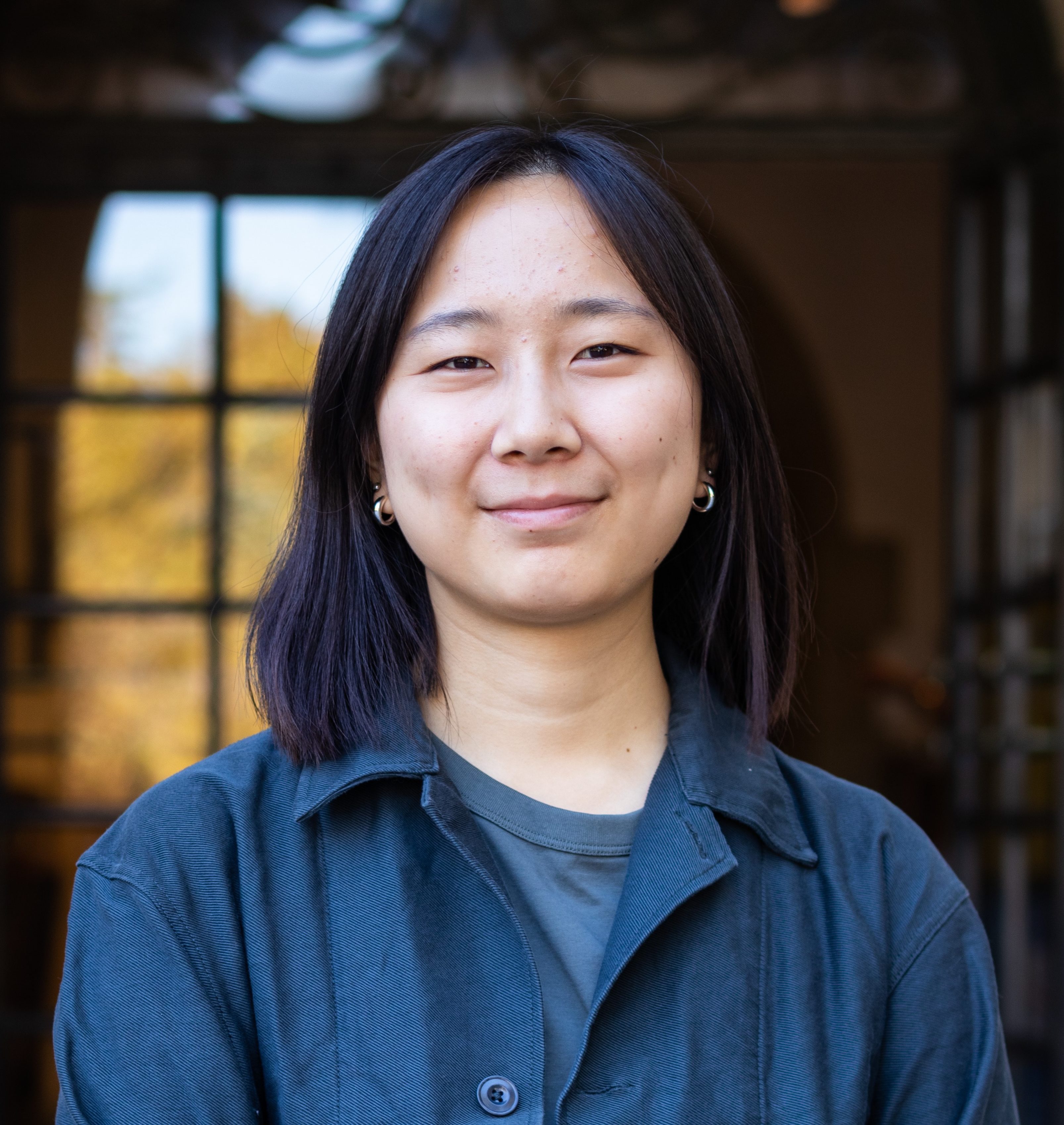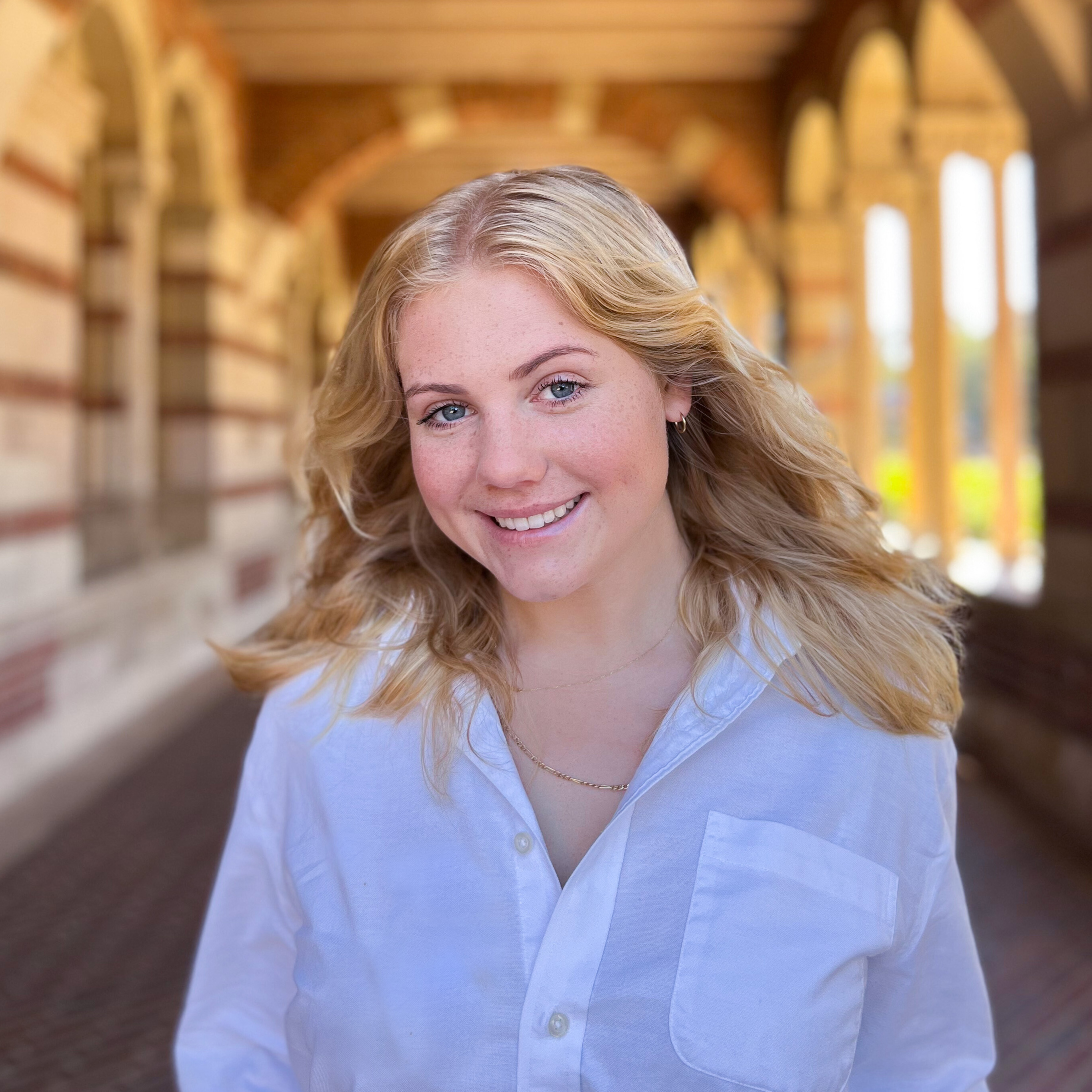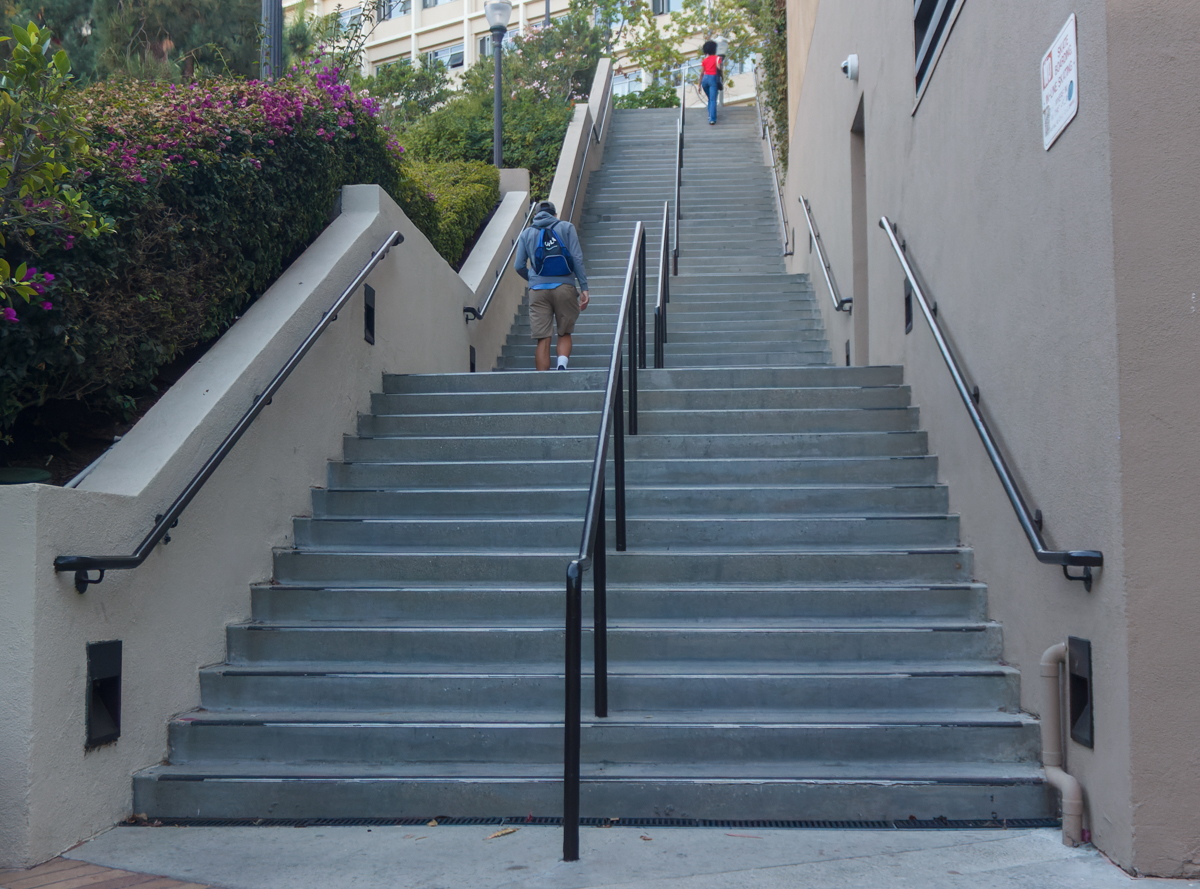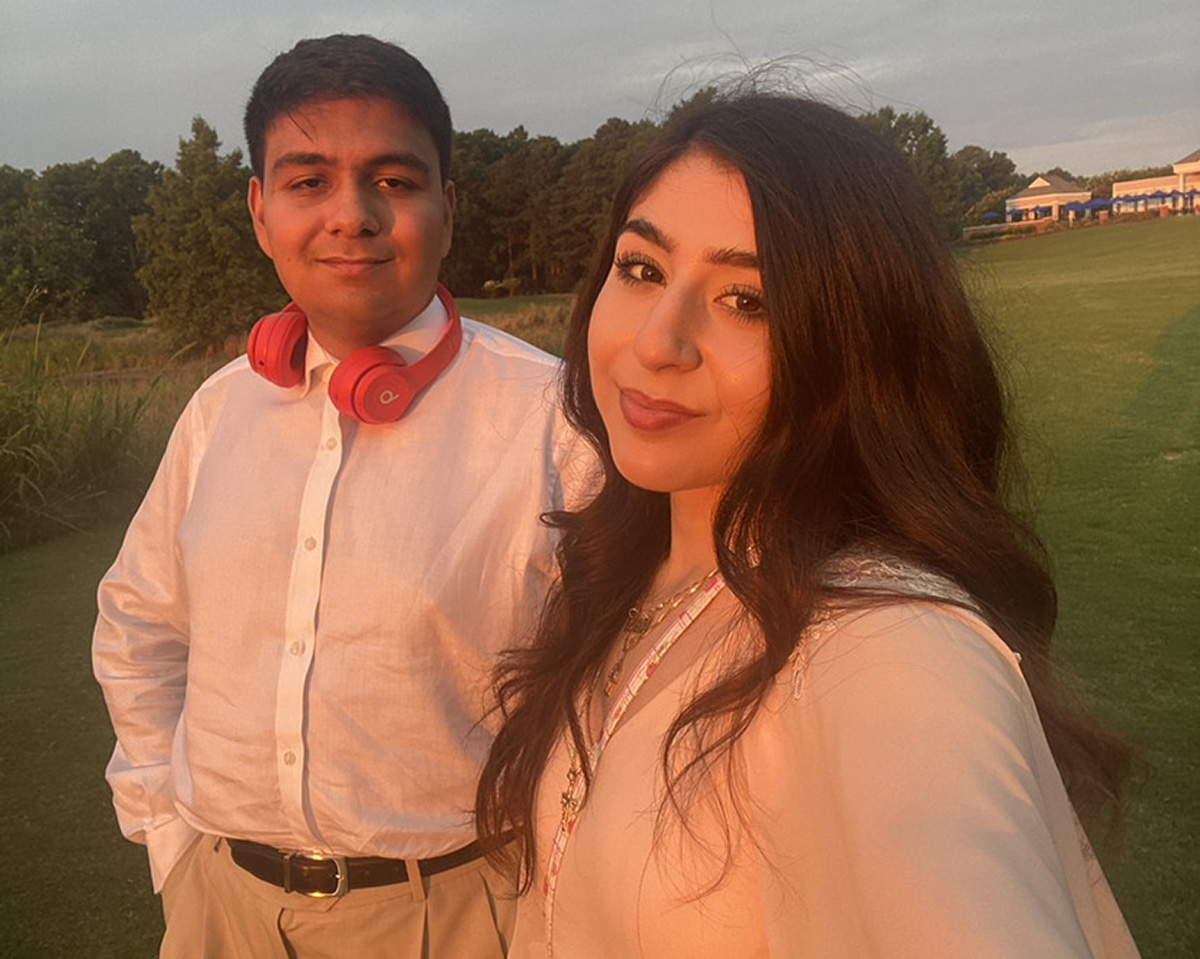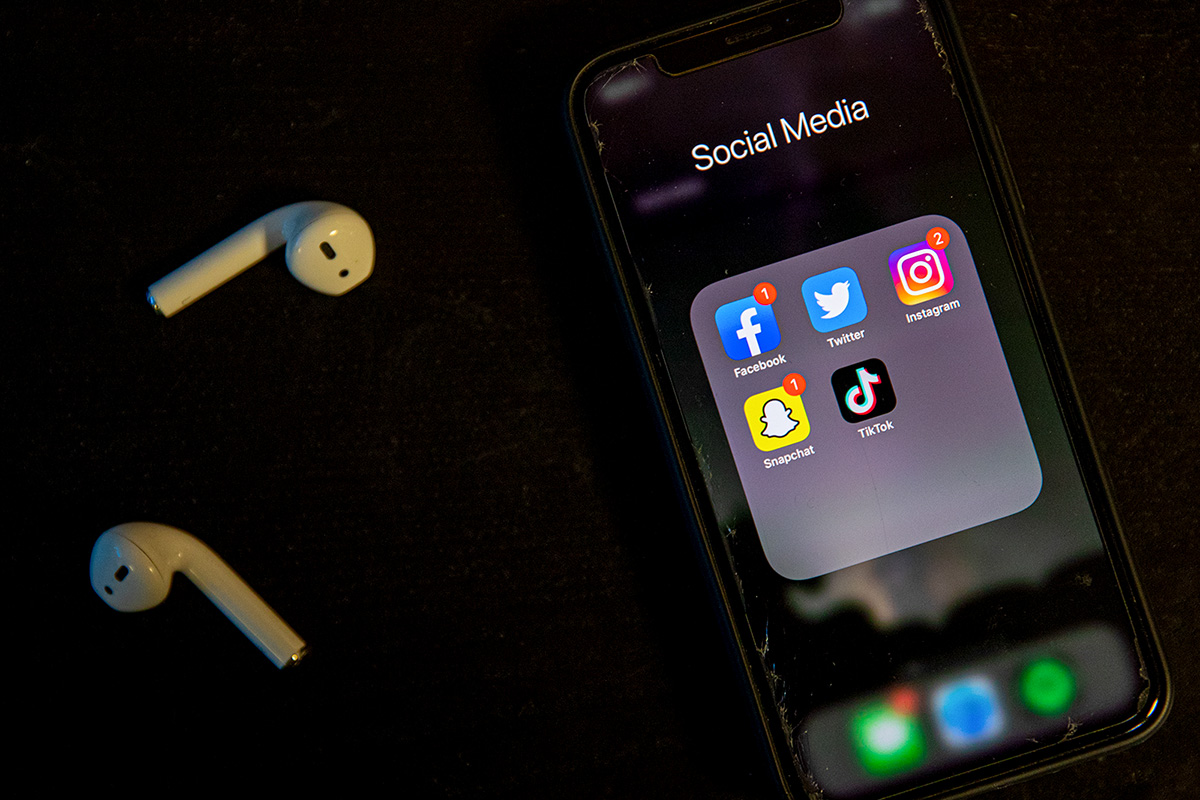UCLA administrators monitor students’ social media activity
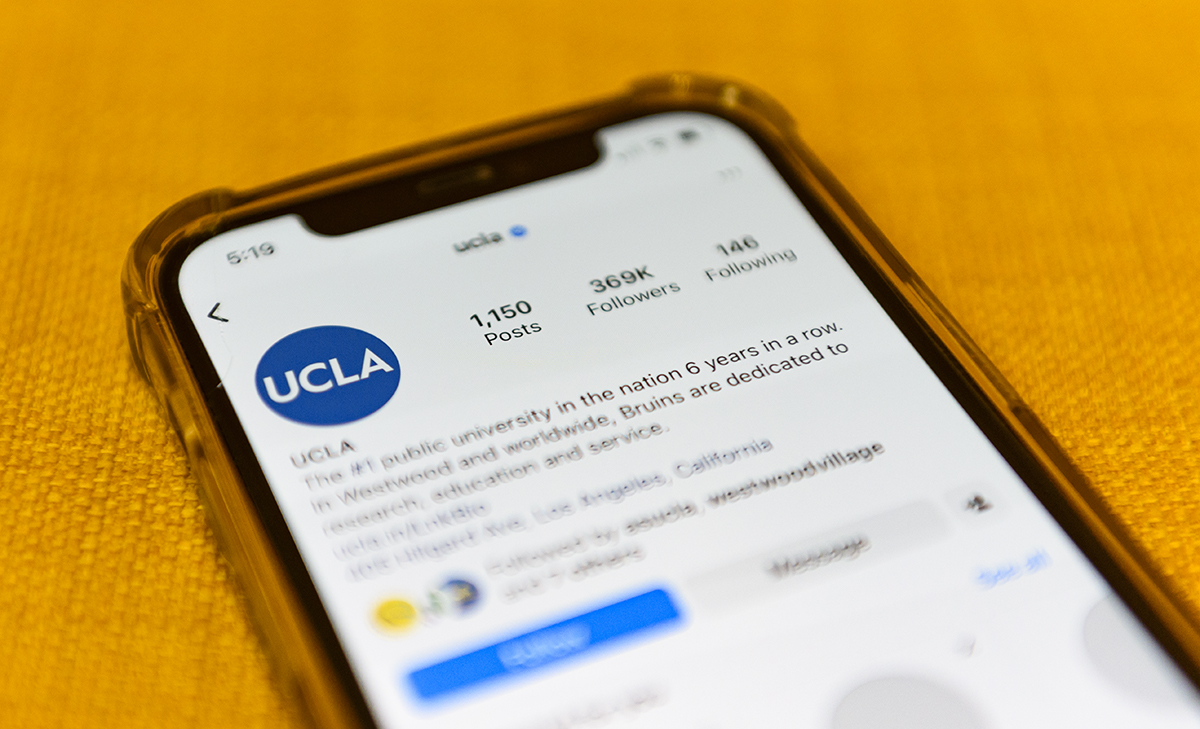
A phone sits on a chair. A recent investigation by the Dallas Morning News uncovered that UCLA has contracted with Detect, formerly known as Social Sentinel, a service that allows universities to monitor social media content. (Christine Kao/Daily Bruin staff)
UCLA has been using a service to monitor social media posts since 2018 without significant public notice.
The university was one of at least 37 colleges and universities identified in a recent investigation by the Dallas Morning News into the use of Social Sentinel, a service schools can use to monitor students’ public social media accounts for potential threats to campus safety. The company’s conflicting statements about the intent of the service, as well as some schools’ employment of its artificial intelligence technology to surveil student protests, raised concerns from both students and experts.
Other universities who have purchased contracts with Social Sentinel – which was renamed Detect earlier this year after being acquired by another company – include the University of North Carolina at Chapel Hill and the University of Texas at Dallas. Emailed communications from 2016 between UCLA administrators, UCLA staff and UCPD suggest the service may have also been used at UC Davis.
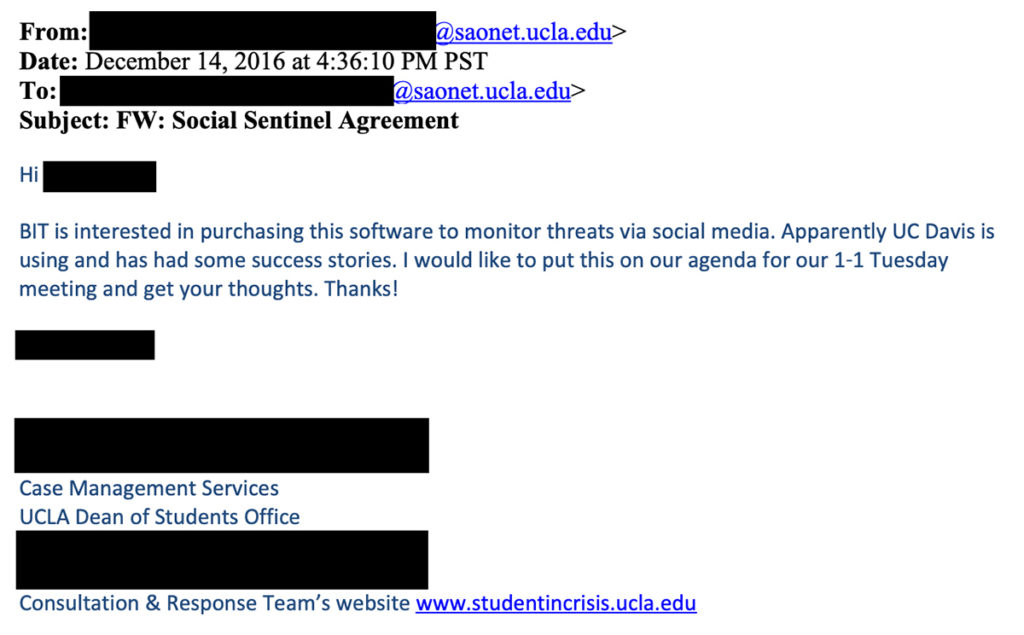
UCLA spokesperson Bill Kisliuk said in an emailed statement that specialized teams are only notified if public posts from UCLA-affiliated accounts contain specific keywords that could indicate a risk of student harm or self-harm, such as those related to campus buildings. Detect flags content based on its library of more than 500,000 keywords or phrases, according to UCLA-specific marketing material obtained by the Dallas Morning News.
“Detect is not used to proactively monitor any social media account,” Kisliuk said in the statement.
Kisliuk added that UCLA has not publicly posted any information about its contract with Detect. This lack of public notice can deter individuals from exercising their right to free expression because they are afraid of being surveilled and the possible unintended consequences, said Courtney Radsch, a postdoctoral research fellow at the UCLA Institute for Technology, Law and Policy.
The service’s marketing and UCLA’s description of its use misrepresent whether it is targeted surveillance, particularly when it comes to determining who is university-affiliated and can be monitored, Radsch said.
“This discrepancy between what’s said publicly and what’s conveyed privately about the individual targeting uses of this technology are deeply disturbing,” Radsch said. “There’s a lack of transparency and a lack of accountability for what these surveillance technologies are being used for.”
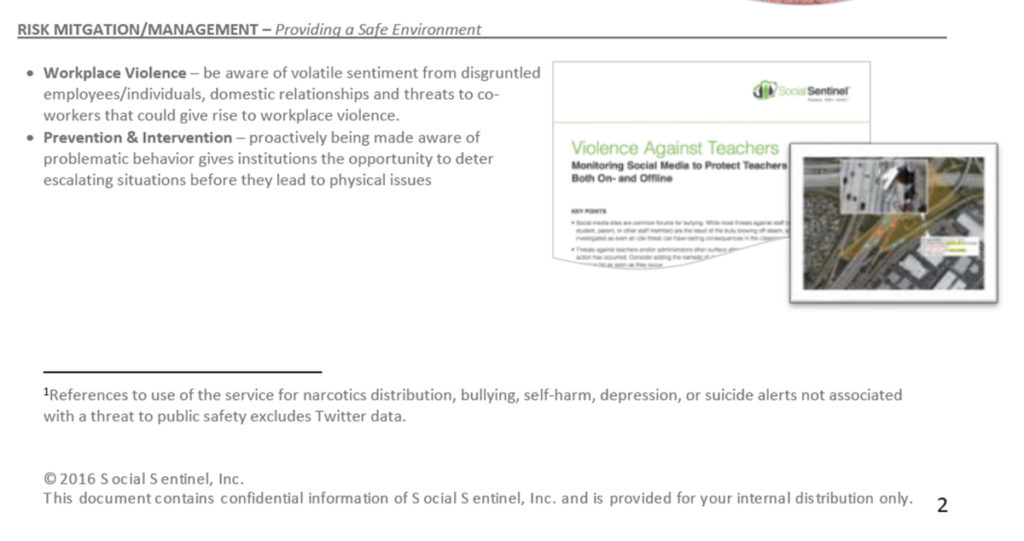
Institutions of higher education must balance an individual’s First Amendment rights – including the right to free speech – with monitoring potentially threatening social media posts, said Alex Alben, a lecturer who teaches privacy, data and cybersecurity at the UCLA School of Law.
The Dallas Morning News investigation found that Detect has presented the service as going beyond its publicly stated purpose, further promoting it to administrators at multiple colleges as a tool to moderate and intercept student protests.
Kisliuk added in the emailed statement that Detect has been used in the past, but was not used to track student social media accounts during the February sit-in protest at Murphy Hall, which called for support for marginalized student groups and improved educational accessibility amid the ongoing COVID-19 pandemic.
“There have been instances where monitoring using Social Sentinel resulted in UCLA’s Consultation & Response Team or Behavioral Intervention Team engaging with members of the UCLA community whose posts indicated they posed a risk of harm to themselves or others,” he said in the statement. “The university has then reached out to those individuals to provide resources and support.”
However, the university’s use of Detect still raises concerns among student activists.
Dylan Kupsh, a doctoral student in computer science, said student organizers are often afraid of surveillance. Kupsh, a UC Santa Barbara alumnus, helped organize UCSB-based protests after graduate students at UC Santa Cruz went on strike in 2020 to demand higher wages to afford the increased cost of living.
“It’s chilling when the police show up to your stuff, and … a lot of times, the police aren’t there to protect you, but they’re there to actively dissuade protests,” said Kupsh, who is currently an organizer for multiple groups such as Cops Off Campus. “They make people feel really uncomfortable.”
There is a limit to how much transparency the university can provide about monitoring without compromising ongoing investigations, Alben said.
But without additional clarification from UCLA, the use of Detect raises concerns about whether the data it’s collecting is useful or safeguarded, Radsch said.
After the campus shooting threats made by a former lecturer in January via email, the university should assess where the greatest number of threats are coming from and whether that includes social media, she added.
“We have to see government institutions – including universities – also adopt transparency and access to data for researchers so that we can understand the utility of these types of tools,” Radsch said.
The university’s contract with Detect is set to expire in June 2023, Kisliuk said, adding that a further review of the service’s value will determine if it will be renewed.
Kupsh said the current state of surveillance could further endanger marginalized organizers, including undocumented students, international students and students of color.
“They (students) are developing their ways of thinking about things and figuring out what they believe,” Radsch said. “They need to be doing that without the specter of constant surveillance and monitoring hanging over them and wondering: If they express themselves, how is that going to be potentially used against them?”



